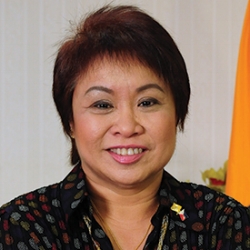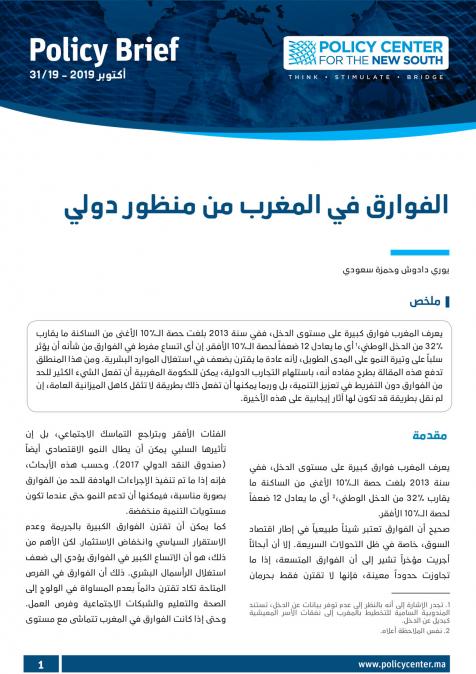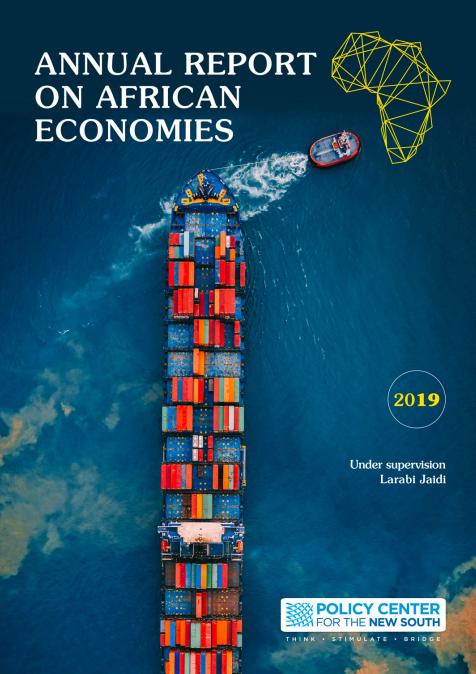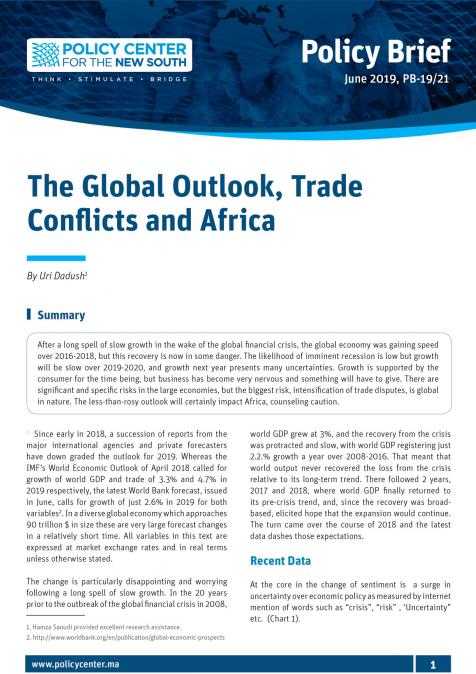Tax revenue mobilization plays a key role in financing the economic and social development of countries. Indeed, tax policy can have several implications on the behavior of economic agents, investment, jobs, innovation, and on the attractiveness of foreign direct investment. As result, a poorly designed tax policy can negatively impact economic growth and led to bad economic outcomes. Well designed and implemented, it can help developing countries to raise revenue and to increase their spending, especially in the social sector, such as education and health, and for redistribution purposes to help reduce inequality. While tax revenues as a share of GDP represent on average nearly 34% in OECD countries, they represent only 15% to 20% in low and middle-income countries. This large gap results from several factors, including imbalanced and complex international standards excessively suited to developed countries, the over-allocation of taxing rights to high-income countries, the difficulty of collecting taxes in developing countries which is linked to the complexities involved in taxing large multinationals enterprises (MNEs) who have superior abilities to use lawyers and accountants to avoid taxes, opaque and exploitative dispute settlement through international arbitral tribunals and also the large economic share of the informal sector in these countries. By not taxing large MNEs effectively, not only do countries lose revenue but it also means that domestic companies find it more difficult to compete against the richer and more powerful foreign MNEs who have additional resources by not paying taxes. With these resources they can indulge in ‘predatory pricing’, acquisitions and various other strategies to eliminate local competitors. Hence, tax avoidance by MNEs also leads to competition and monopolistic concerns and stifles the growth of domestic companies. It should be noted that these low levels of tax revenue hinder the economic development of low and middle income countries and do not allow them to make the necessary and adequate investments in key sectors and public goods such as education and health, which are crucial for inclusive and sustainable growth in the long term. The key questions that will be discussed in this event will be: What reforms are needed to international standards that can strengthen the capacity of governments to raise revenue from MNEs without discouraging economic activity? What is the cost of tax havens for developing countries and what role can international cooperation play in dealing with this issue? What might the future of tax reform look like in the post-COVID-19 era, given the growing digitalization of the economy?
Consult the Agenda : https://www.policycenter.ma/sites/default/files/Agenda%20PCNS-South_Center.pdf











